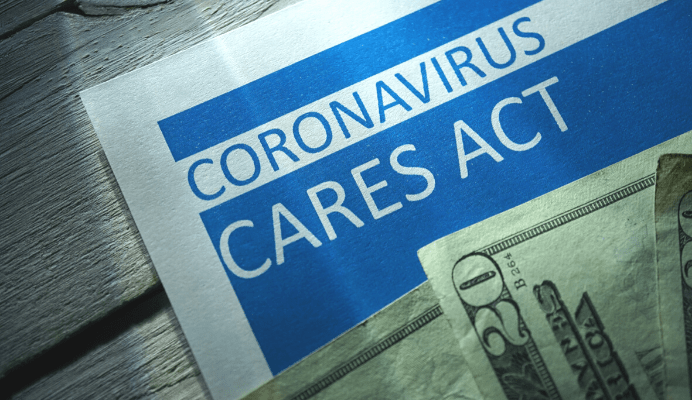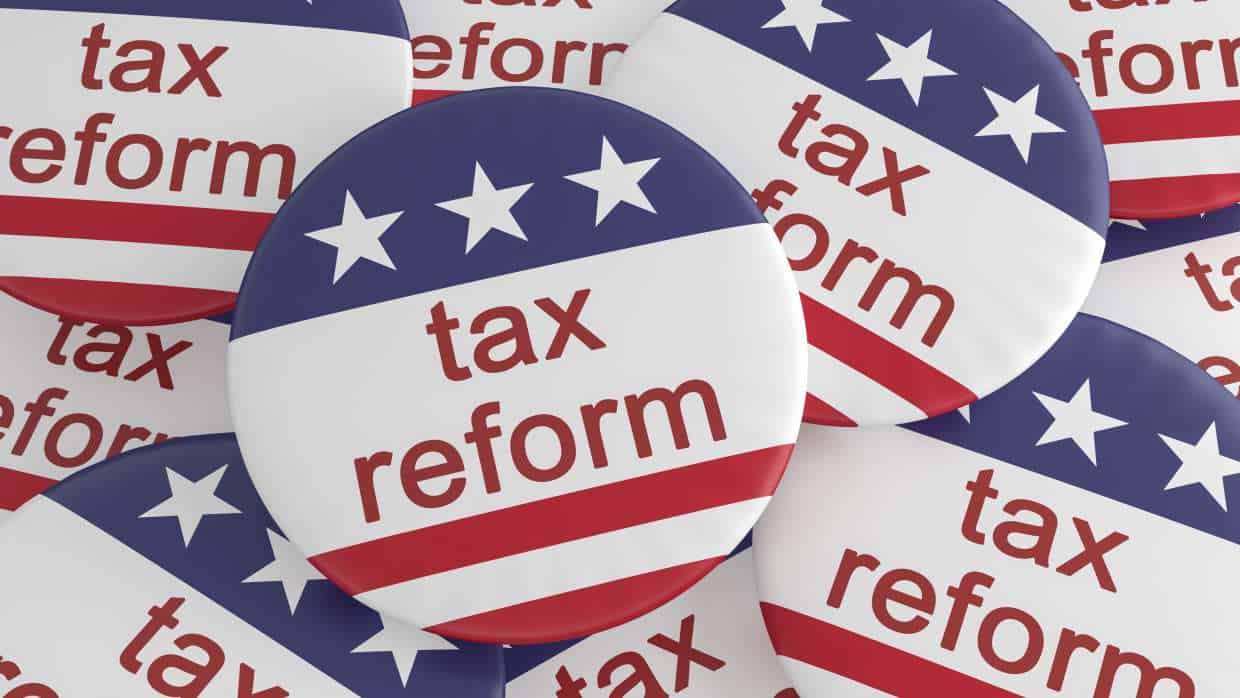Don’t be a Victim: Watch Out for IRS Tax Scams
DON’T BE A VICTIM: WATCH OUT FOR IRS TAX SCAMS
In recent years many Americans have fallen victim to tax scams and bogus Internal Revenue Service (IRS) communications through calls, e-mails, and regular mail. We put together this brief guide on what to look for, and steps you can take to protect yourself.
INITIAL COMMUNICATIONS: NOT SURE IF IT’S THE IRS OR A SCAM?
The IRS does not initiate contact with a taxpayer by email or through social media platforms. It is important to note that they will never call to:
- Demand immediate payment
- Ask for credit/debit card numbers
- Ask to verify your Social Security Number (SSN)
- Threaten taxpayers with a lawsuit or imprisonment due to nonpayment
Instead, the IRS will mail you a notice with an explanation of your outstanding balance.
TIPS ON IDENTIFYING FRAUDULENT COMMUNICATIONS
Here are the most common tax scams published by the IRS:
- Automated telephone messages – “Robo-calls” are automated phone messages where scammers are leaving urgent callback requests to settle their “tax bill.” These fake calls generally claim to be the last warning before legal action is taken. Alternately, scammers may tell would-be victims that they are entitled to a large refund but must first provide personal information.
- Fake notices – These are false notices appearing to contain an IRS tax bill related to the Affordable Care Act. Generally, notices contain a fraudulent version of CP2000 (notifications from the IRS) for tax year 2015 as an attachment.
- Fraudulent emails – Scammers are sending emails citing tax fraud and attempting to trick victims into verifying the last four digits of their SSN by clicking on a link provided. There have been significant phishing scams targeting Washington, D.C., Maryland, and Virginia residents.
- Fraudulent phone calls during back-to-school season – Scammers are making calls targeting students and parents during the back-to-school season. They are demanding payment of non-existent taxes, such as the “Federal Student Tax.” If the person does not comply, the scammer becomes aggressive and threatens to report the student to the police to be arrested.
- Pretending to be from the tax preparation industry – The emails are designed to trick taxpayers into thinking these are official communications from the IRS or others in the tax industry, including tax software companies. The phishing schemes can ask taxpayers about a wide range of topics.
- Telephone calls to “verify information” – Scammers are making calls and claiming to be from the IRS or Taxpayer Advocate Service (TAS), an independent organization within the IRS. They are requesting verification of personal details to process your tax return, such as your SSN or other personal financial information like bank account or credit card numbers.
For more information on these tax scams, click here.
WHAT YOU SHOULD DO IF YOU RECEIVE A CALL, EMAIL, OR MAIL CLAIMING TO BE FROM THE IRS
Scammers use official IRS letterhead and provide an actual IRS address where taxpayers should mail receipts for payments submitted. This type of correspondence looks very official. Taxpayers who receive a notice or letter can view explanations and images of common correspondence at www.IRS.gov or here: Understanding Your IRS Notice or Letter.
If you receive a CP2000 notice by mail, this resource, Understanding Your CP2000 Notice, will help you to determine if it’s official.
Should you receive fraudulent correspondence, you should report the incident to the TIGTA and email phishing@irs.gov with the subject line ‘IRS Phone Scam’. More information on how to report phishing or phone scams is available here.
You may also use this online tool that allows individuals to check their tax account balances online, including tax due, penalties, and interest after you complete a secure online registration process.
Remember: Do not give out any information and hang up immediately. The longer the con artist is engaged, the more opportunity they will believe exists, potentially prompting more calls.
Protect yourself, and remember, you can always call the IRS directly at 1-800-829-1040.
Additional IRS scam-related resources:
- Identity Protection Tips
- IRS Tax Scams video
- IRS video on Phishing-Malware



